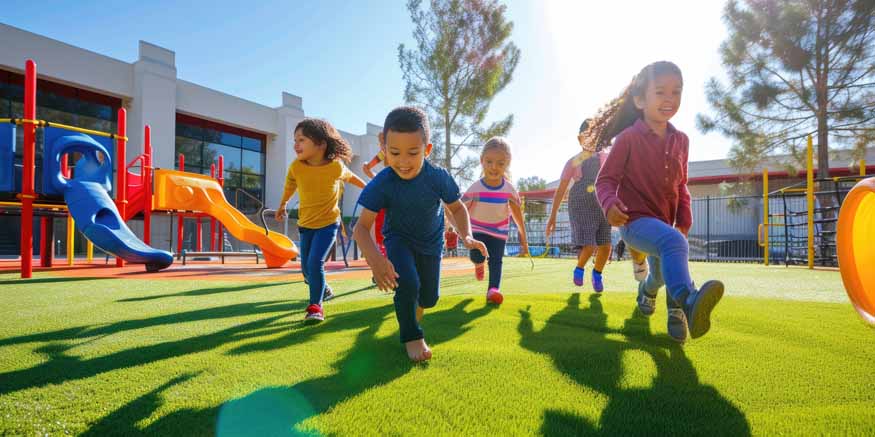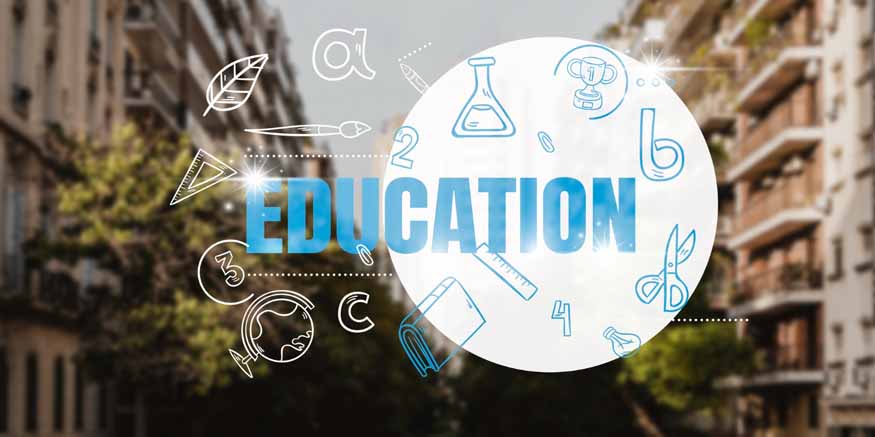Philosophy is the field of study concerned with the fundamental nature of knowledge, reality, existence, reason, value, mind, and language. The word philosophy is of Greek origins and comes from the Greek word philosophia – Philo means love and Sophia means wisdom, thus translating into “love for wisdom”. Traditionally, philosophers were individuals who were in love with knowledge and wisdom. Their life’s purpose was to gather as much wisdom as possible. About the world we live in, about the absolute reality, about why people behave the way they do, etc. It will not be inaccurate to say that the entire academic discipline was subsumed under a philosophy, to begin with. Over time, various fields of philosophy emerged and now we know them as different academic disciplines such as social sciences, astronomy, medicine, physics, etc.
Philosophy is central to our education system. The pedagogical methods we follow, logical thinking, critical thinking, questioning, curiosity, exploration, creativity, and many such elements of learning find their origin in philosophy. Following are some of the ways philosophy finds its relevance in our education system.
Also Read: Practical Knowledge in Children: Meaning, Importance, Benefits
Defines what is knowledge.
Philosophy helps us understand what we can consider as true knowledge. In today’s hyperconnected world of social media, there is a lot of information flowing around. Can we take everything at face value? No. Philosophy teaches us to question, ask for credible evidence, seek empirical data, and more such methods before we believe any piece of information that catches our understanding. It tells us ways to distinguish between anecdotes, fake news and knowledge. Methods of studies such as qualitative study, quantitative study, etc are deeply rooted in the field of philosophy and have become prominent mediums for research and development of new knowledge and theories.
Thinking Skills
A study of philosophical tools, such as Socratic questioning can help students develop higher-order thinking skills. Given the pace at which technology is disrupting our world, higher-order thinking skills such as analytical thinking, logical reasoning, critical thinking and creativity have assumed higher importance than any other skill. Curiosity, or wondering, is an essential pillar proposed in philosophy. The desire to learn comes from wondering – when you think about things, express doubts or have a feeling of puzzlement about an inexplicable event. Philosophy teaches us a systematic process for analysis, criticism, interpretation and speculation. Philosophy presents to us a myriad of tools and ways of thinking such that it leads us to true knowledge.
Philosophy suggests certain rules for logical thinking that are extremely relevant for students. Students can learn how to make inferences by constructing arguments. Rules of logic can determine the validity or fallacies of arguments.
Communication skills
An ability to think logically must also be followed by an ability to logically argue and present your ideas well. Philosophy also provides us with frameworks that can help students frame their arguments better. Whether it’s a debate in school or a discussion in the office, a negotiation with a client, or a legal court case, the ability to logically present your argument is an extremely potent skill for professional success. Philosophy can help students in developing effective communication skills and in being able to present their ideas and arguments effectively.
Also Read: Activities to Improve Communication Skills in Kids
Helps develop our belief system
Developing a belief system is a critical element of education. A child is born without any inborn natural beliefs. We all develop our beliefs and values as we grow up. Our education and experiences play an influential role in shaping our belief system. Philosophy teaches us ways to understand, examine, and question our belief system and our worldview. This belief system has a significant bearing on how we behave in various situations. Philosophy encourages us to ask questions such as how we see our existence, the purpose of our existence, of people around us,
Branches of Philosophy
Over centuries of exploration, various branches of philosophy emerged which looked at the world from different angles. Each of these branches teaches us something of relevance, especially to our education system. Many of these branches are contradictory in nature, and so are our belief systems. Students have the choice to shape their beliefs and values as per whichever branch of philosophy that works for them.
Ontological School – concerned with the form and nature of reality
– Idealism. Believe in high ideals and strive to achieve them. Forming high ideals and striving to achieve them could be extremely relevant for students and help them achieve their ambitions.
– Realism. Whatever you perceive is what is actual reality. While it is important to have high ideals, it is equally important to stay grounded in reality. Students must make sure they set ambitious but realistic targets for themselves.
– Materialism. Everything is made of matter and energy. There is nothing beyond this realm.
– Phenomenology. Reality comprises what we perceive in our consciousness, and from our experiences.
– Relativism. There is no absolute truth. It’s all relative. What is good for me may be bad for you. Most evaluation systems whether in school, college, or even in corporate life follow a relative format of appraisal. There is no absolute metric for good or bad performance, it is all relative. What matters today is how good you are as compared to your peers.
Epistemological School – concerned with the relationship between knowledge and the seeker of knowledge
– Rationalism. Knowledge comes from being intuitive and logical. The best way to gain knowledge is to use our mind’s rational capabilities.
– Empiricism. Knowledge can be gained by collecting information (or data) through our various senses. Anything that cannot be ‘sensed’ by collecting data, or conducting experiments, does not qualify as true knowledge.
– Pragmatism. Being practical is important. Anything that does not work in real life is of not much use.
– Positivism. It is deeply rooted in science and mathematics. Any knowledge that exists should be verifiable through some kind of evidence or proof.
Also Read: Integrated Education – Meaning, Objectives, Scope & Suggestion
An understanding of philosophy is imperative for all educators and educational institutions. We take this aspect with utmost sincerity at EuroSchool. The key philosophy of education at EuroSchool centres is balancing student education. A balance between the development of mind, body, and soul.









